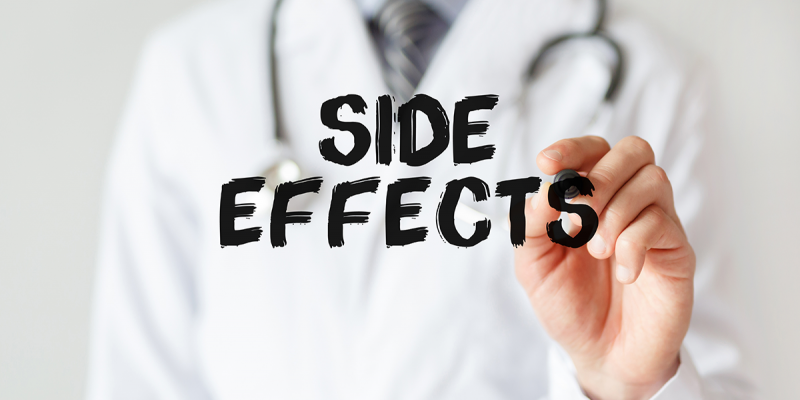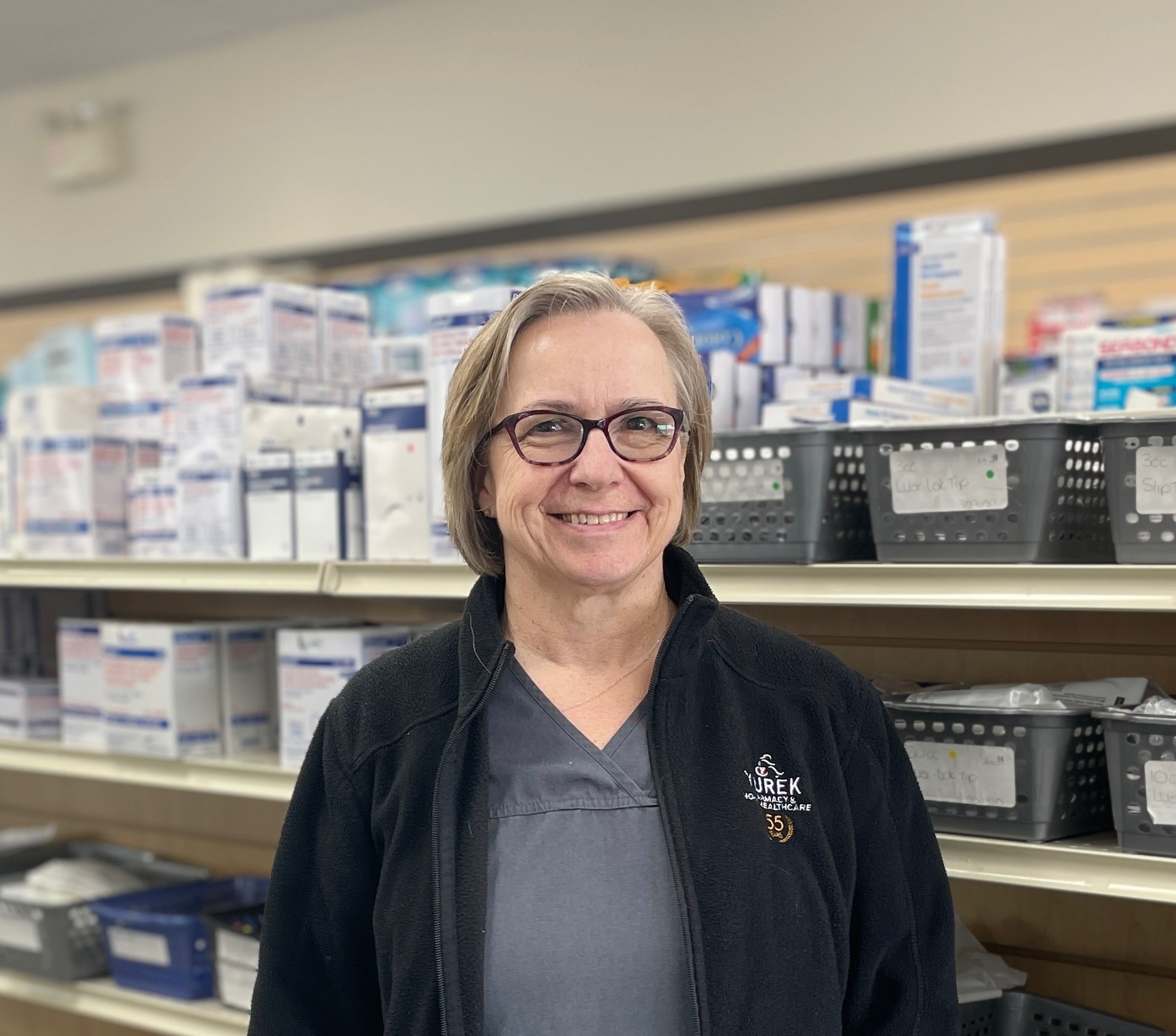Imagine that you lived in the 1800s and smallpox is endemic. For every 10 people infected, three died and many were left scarred. Along comes a doctor who offers you an alternative that might save your life. “Variolation”, a procedure named after the virus that causes smallpox (variola virus), took pus or scab cells from infected people and scratched the material into the skin or inhaled it. Afterwards, people would experience all the symptoms of smallpox such as fever and rash, but fewer of them died. Symptoms would last for weeks but if you survived, you would become immune to the disease.
Fast forward to today. There is a great demand to roll up our sleeves to get a vaccine that will protect us from a disease which has turned the world upside down – Covid-19. After our pharmacy gave 1,100 vaccines in 2 weeks, the common response from patients, was “That wasn’t so bad! I didn’t feel anything.” Later that evening, however, many people would complain of sore arms, achy feeling, headaches and mild fever. Unlike Variolation in the 1800s, no live virus was introduced, but the body’s immune system responds. This initial response is known as innate immunity and it happens within the first 4 to 24 hours. The body launches an attack on the invader and causes fever and inflammation which can last for a day or two after the jab.
Each person may have different responses to the vaccine. For example, older individuals may show fewer side effects owing to the decreased immune response as we age. Similarly, women tend to have more side effects. The reasons are not clearly understood but may have to do more with immune response in women over men. Certain medications such as those used to treat inflammatory conditions can also reduce the effects.
I’ve heard people say “Oh, it just means my immune system is really working hard.” On the flip side, when people don’t notice any side effects, they sometimes worry the shot isn’t doing its job or their immune system isn’t reacting at all. This is where the second part of the immune system plays a role. Known as the adaptive response, the body learns how to fight that specific virus or part of the virus. This takes two weeks to develop and is a better measure of protective immunity to the virus causing Covid-19. There is no clear link between the innate response and long-term immunity. In initial trials, side effects were reported in less than 50% of participants but over 90% developed protective immunity.
So, when you get your vaccine be prepared for mild side effects; get rest and lots of fluids. If you don’t have side effects, fear not; you will still get protection. Sometimes feeling fine is fine. Take care of yourselves and each other.








